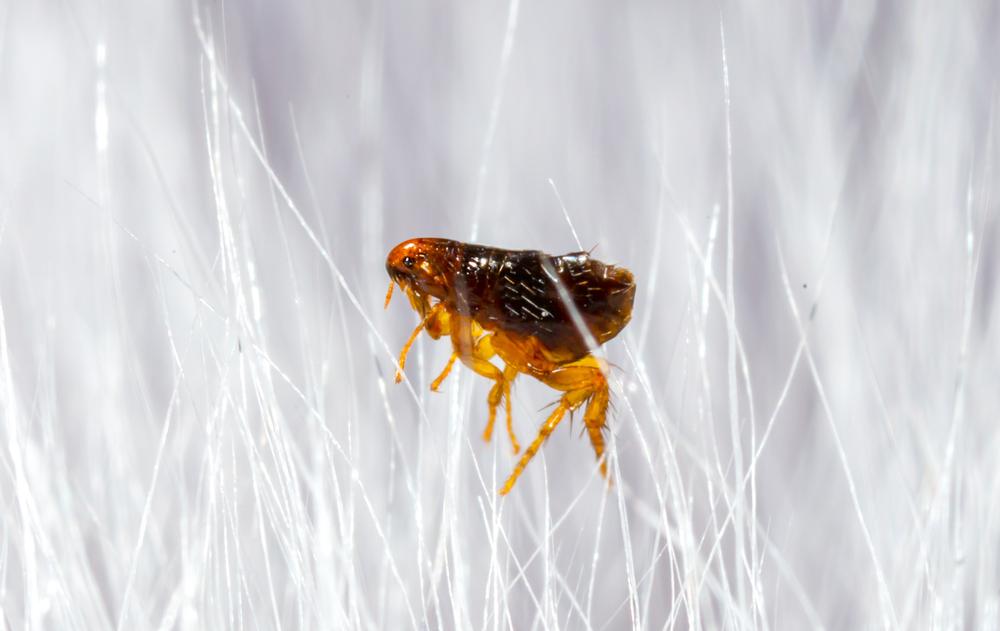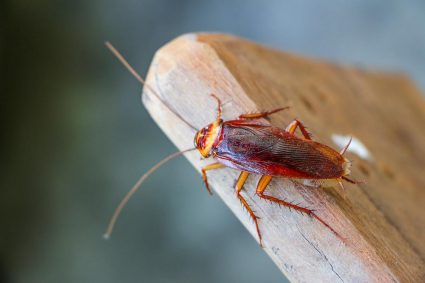
Flea and tick medicines are essential tools for ensuring the health and comfort of our pets. These medicines are designed to control and prevent flea and tick infestations. The effectiveness of these medications lies in their ability to target fleas and ticks at various stages of their life cycles, including eggs, larvae, and adults. They come in various forms, such as topical treatments, oral medications, collars, shampoos, and sprays, each with its unique method of application and action.
Flea and tick medicines are designed to control and prevent infestations of these parasites in pets. They work by targeting the parasites at various life stages, including eggs, larvae, and adults, and interfering with their nervous systems. These medicines come in various forms, such as topical treatments, oral medications, collars, shampoos, and sprays, each with its unique method of application and action. They can kill or repel fleas and ticks, prevent them from reproducing, and inhibit their growth.
Fleas and Ticks: A Threat to Pets
Fleas and ticks are external parasites that infest pets, causing discomfort, skin irritation, and severe health issues. Fleas, wingless insects that can jump up to two feet high, cause intense itching, hair loss, skin infections, and can even transmit tapeworms and bacterial infections. Ticks attach firmly to their hosts while sucking blood and can go unnoticed for a considerable time. They transmit diseases, such as Lyme disease, Ehrlichiosis, Anaplasmosis, and more. These diseases can have serious health consequences for pets and, in some cases, humans as well.
How Flea and Tick Medicines Work
Flea and tick medicines work to prevent and eliminate infestations by targeting the parasites at various life stages and interfering with their nervous systems. There are different types of flea and tick control products, each with its unique mode of action.
For example, topical treatments, such as drops and sprays, deposit chemicals into the pet’s skin. These treatments contain insect development inhibitors (IDIs) or insect growth regulators (IGRs) that prevent the development of immature stages of the parasites.
Oral flea preventatives work by selectively binding to the nerve cell membranes in the flea and tick, causing uncontrolled activity and death. Flea and tick collars repel fleas and ticks and prevent them from attaching to the pet’s skin.
Different Types of Flea and Tick Medicines
There are various types of flea and tick medicines available for pets, each with its unique method of application and action. These include:
- Collars: Flea and tick collars contain concentrated chemicals that repel fleas and ticks from the animal.
- Oral Medications: These are monthly oral medications that can kill fleas and ticks.
- Topical Treatments: These are applied directly to the pet’s skin and can repel and prevent tick attachment.
- Combination Products: These products combine multiple treatments, such as flea and tick prevention along with heartworm protection.
- Shampoos: Flea and tick shampoos can help eliminate existing infestations but may not provide long-term prevention.
- Sprays: Flea and tick sprays can be used on pets and their environment, but they may not be as effective as other treatment options.
It is essential to consult with your veterinarian to determine the best flea and tick prevention method for your pet based on their medical history, lifestyle, and the prevalence of pests in your area.
Risks and Side Effects
Like all medications, flea and tick medicines can have side effects. Some common side effects include vomiting, diarrhea, lethargy, weakness, and skin irritation. In some cases, products containing pyrethrins, pyrethroids, and isoxazolines can cause adverse reactions. If you suspect your pet is experiencing an adverse reaction to a flea and tick product, consult your veterinarian immediately.
Preventative Measures
In addition to using flea and tick medicine, pet owners can take several preventative measures to protect their pets from fleas and ticks. These include maintaining a clean environment, grooming your pet regularly, using natural repellents, keeping your yard well-maintained, consulting your veterinarian, using flea and tick collars, and trying natural flea and tick products.
Remember, the best way to protect your pet from fleas and ticks is to prevent infestations before they start. Regular use of flea and tick medicines, along with these preventative measures, can help keep your pet healthy and happy. Always consult with your veterinarian to determine the best flea and tick prevention strategy for your pet.
Frequently Asked Questions
Can I use flea and tick medicine on a pregnant or nursing pet?
Some flea and tick medicines are safe to use on pregnant or nursing pets, while others are not. Always consult your veterinarian before using any flea and tick medicine on a pregnant or nursing pet.
How often should I apply flea and tick medicine to my pet?
The frequency of application depends on the type of flea and tick medicine you are using. Some products are applied monthly, while others may be used every three months or even less frequently. Always follow the manufacturer’s instructions on the product label.
Is it safe to use flea and tick medicine on kittens or puppies?
Some flea and tick medicines are safe for use on kittens and puppies, while others are not. Always check the product label for age restrictions, and consult your veterinarian if you are unsure.
Can I use the same flea and tick medicine for my cat and dog?
No, it’s important to use species-specific flea and tick medicines. Some products designed for dogs can be harmful or even fatal if used on cats, and vice versa. Always ensure that the product you are using is designed for your pet’s species.
Can flea and tick medicine prevent other types of parasites?
Some flea and tick medicines also provide protection against other types of parasites, such as heartworms and intestinal worms. Check the product label or consult your veterinarian to find out if your pet’s flea and tick medicine also protects against other parasites.












